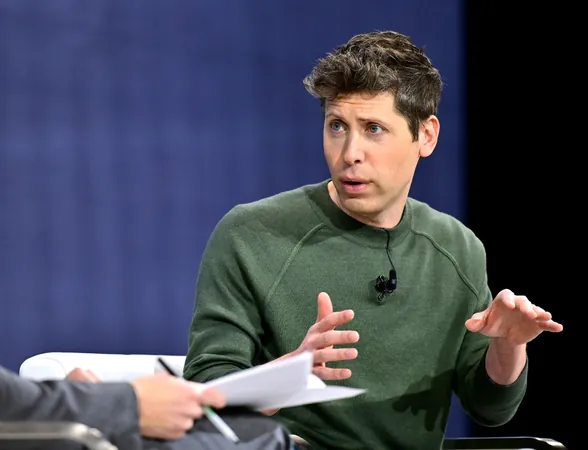
OpenAI's New AI Image Generator Sparks Copyright Controversy with Studio Ghibli-Inspired Creations
2025-03-26
Author: Noah
In an explosive turn of events, OpenAI's newly launched AI image generator has taken the internet by storm, flooding social media platforms with eye-catching memes inspired by the beloved Studio Ghibli, the iconic Japanese animation studio behind masterpieces like "My Neighbor Totoro" and "Spirited Away."
Just 24 hours since its debut, users have crafted stunning AI-generated images featuring everything from a Studio Ghibli-style portrayal of Elon Musk to whimsical interpretations of characters from "The Lord of the Rings" and even former President Donald Trump. OpenAI's CEO, Sam Altman, has even joined the trend by using a Studio Ghibli-style image as his new profile picture, seemingly created with the powerful new tool. Enthusiastic users are leveraging the AI by uploading existing images and asking for re-interpretations in this charming animation style.
This release comes on the heels of Google's introduction of a similar image generation feature in its Gemini Flash model, which had its own viral moment earlier this year when it was used to alter images, including removing watermarks. Both OpenAI and Google’s advances highlight a growing accessibility for users to evoke the essence of copyrighted artistic styles simply by typing a text prompt.
However, this ease of access reignites major concerns surrounding copyright law. Critics argue that these AI tools may violate copyright by training on protected works. Intellectual property lawyer Evan Brown from Neal & McDevitt expressed that such tools exist within a legal gray area. While the specifics of a stylistic expression may not be protected under copyright, questions arise about whether AI generators trained their models on copyrighted content without proper acknowledgment.
Brown emphasized that although OpenAI may not be breaking the law outright, the potential training on Ghibli's films raises serious ethical debates. "What are the copyright infringement implications of going out, crawling the web, and copying into these databases?" he asks, aligning with the ongoing legal discourse surrounding generative AI.
Indeed, OpenAI currently faces multiple lawsuits from major publications like The New York Times, which accuse the company of training its models on copyrighted material without due compensation or acknowledgment. Similar allegations have been leveled against other tech giants and AI startups, including Meta and the burgeoning AI image generator, Midjourney.
OpenAI asserts that while their tool avoids mimicking the styles of individual living artists, it does allow for broader stylistic emulation from entire studios. However, it's vital to acknowledge that many styles, like that of Ghibli, are deeply tied to individual artists—most notably co-founder Hayao Miyazaki.
As excitement continues to grow, users are exploring creative possibilities by employing the AI to transform works from various studios and artistic styles, leading to stunning results such as wedding photos reimagined in a whimsical Pixar aesthetic or portraits re-envisioned in the playful style of Dr. Seuss.
In an evaluation of numerous AI image generators—including offerings from Google, xAI’s Grok, and Playground.ai—OpenAI’s new tool has emerged as the frontrunner in accurately replicating Studio Ghibli’s unique artistic signature. As the debate over copyright in the age of AI heats up, the artistry of style blending will undoubtedly be a focal point for innovators and legal experts alike—prompting the question: how far can AI push the boundaries of creativity without crossing ethical lines? Stay tuned as we delve deeper into this unfolding narrative!
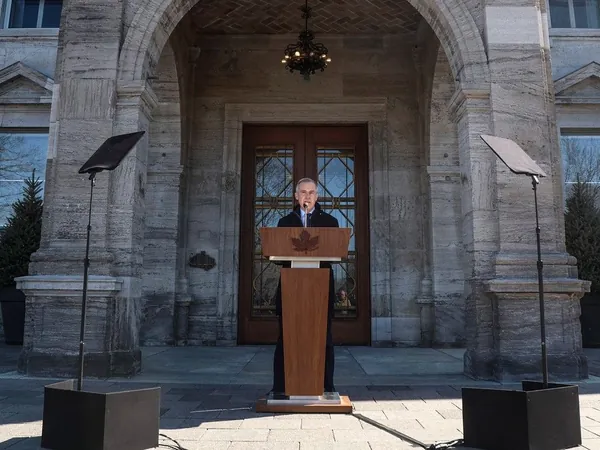
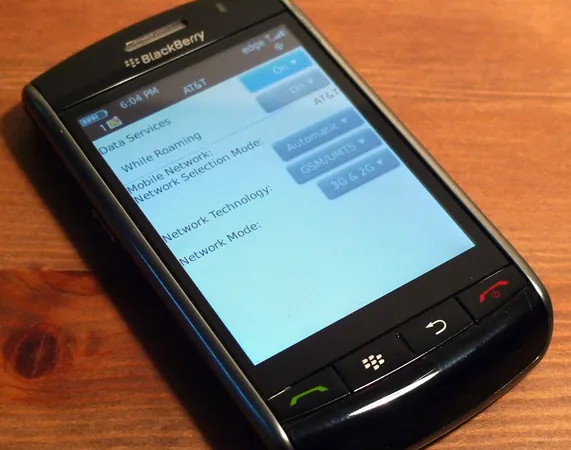
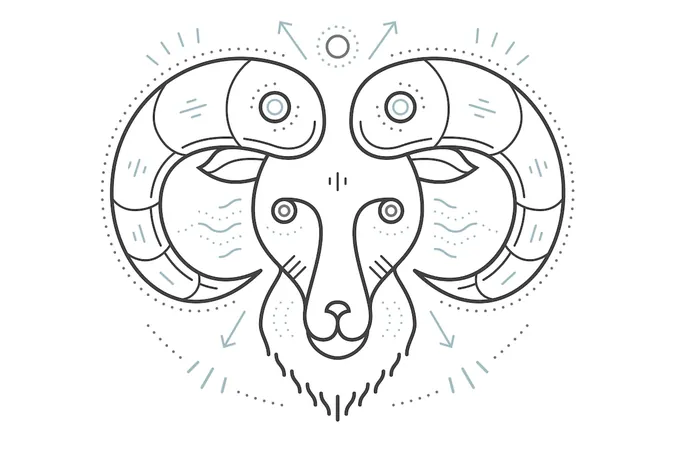

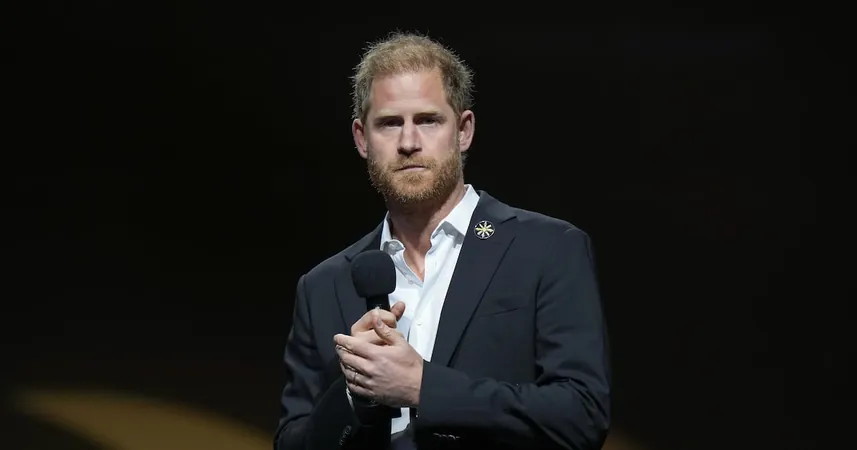
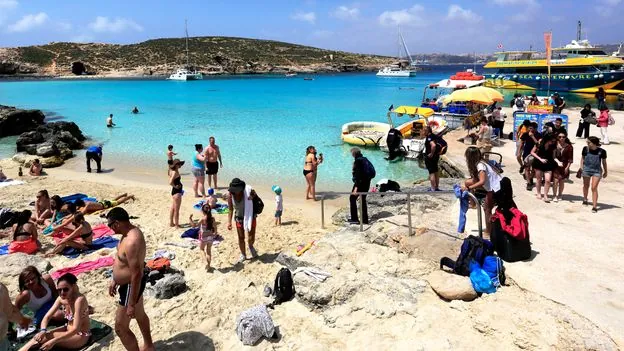
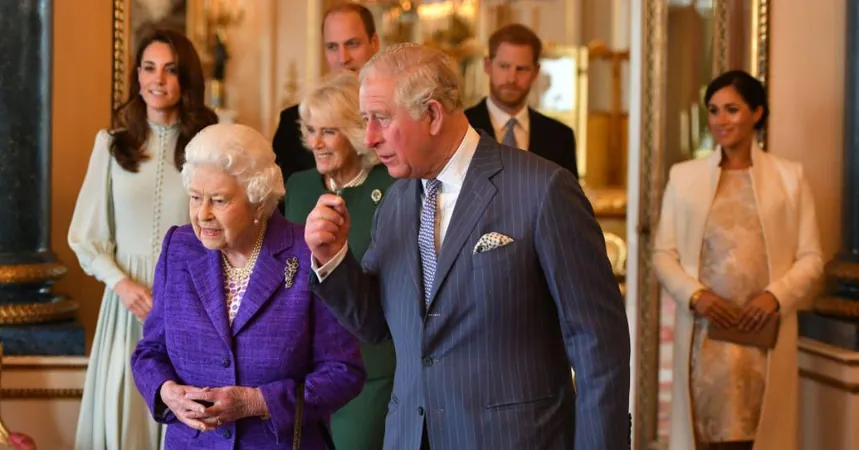
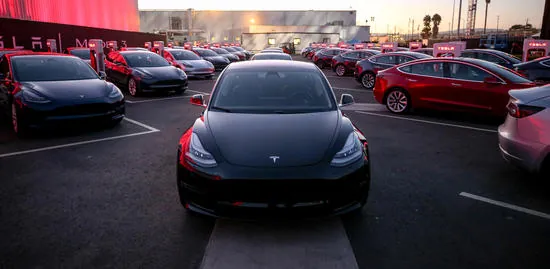
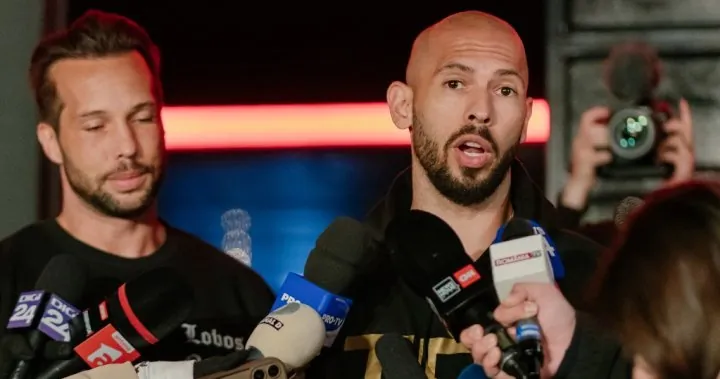
 Brasil (PT)
Brasil (PT)
 Canada (EN)
Canada (EN)
 Chile (ES)
Chile (ES)
 Česko (CS)
Česko (CS)
 대한민국 (KO)
대한민국 (KO)
 España (ES)
España (ES)
 France (FR)
France (FR)
 Hong Kong (EN)
Hong Kong (EN)
 Italia (IT)
Italia (IT)
 日本 (JA)
日本 (JA)
 Magyarország (HU)
Magyarország (HU)
 Norge (NO)
Norge (NO)
 Polska (PL)
Polska (PL)
 Schweiz (DE)
Schweiz (DE)
 Singapore (EN)
Singapore (EN)
 Sverige (SV)
Sverige (SV)
 Suomi (FI)
Suomi (FI)
 Türkiye (TR)
Türkiye (TR)
 الإمارات العربية المتحدة (AR)
الإمارات العربية المتحدة (AR)